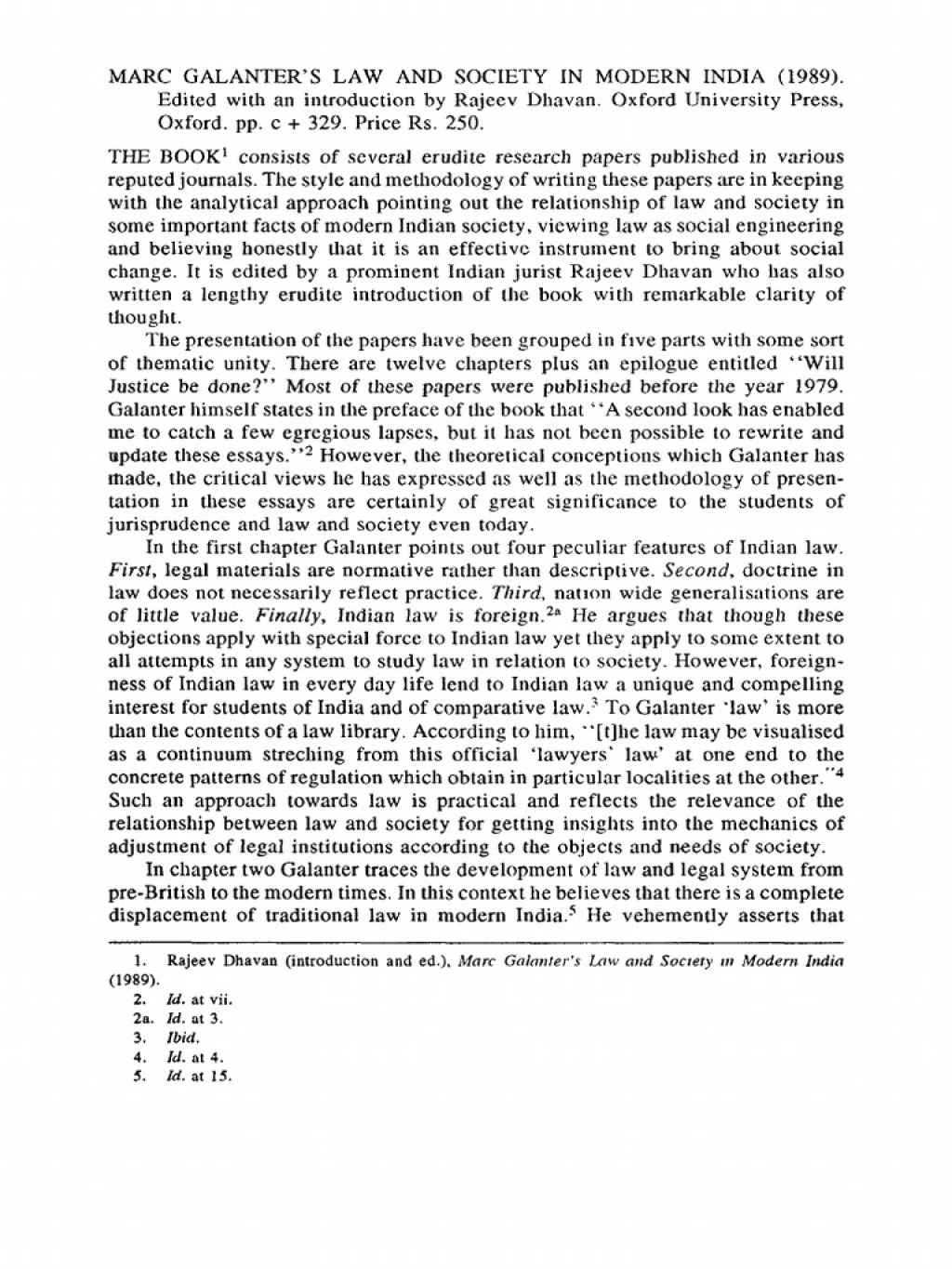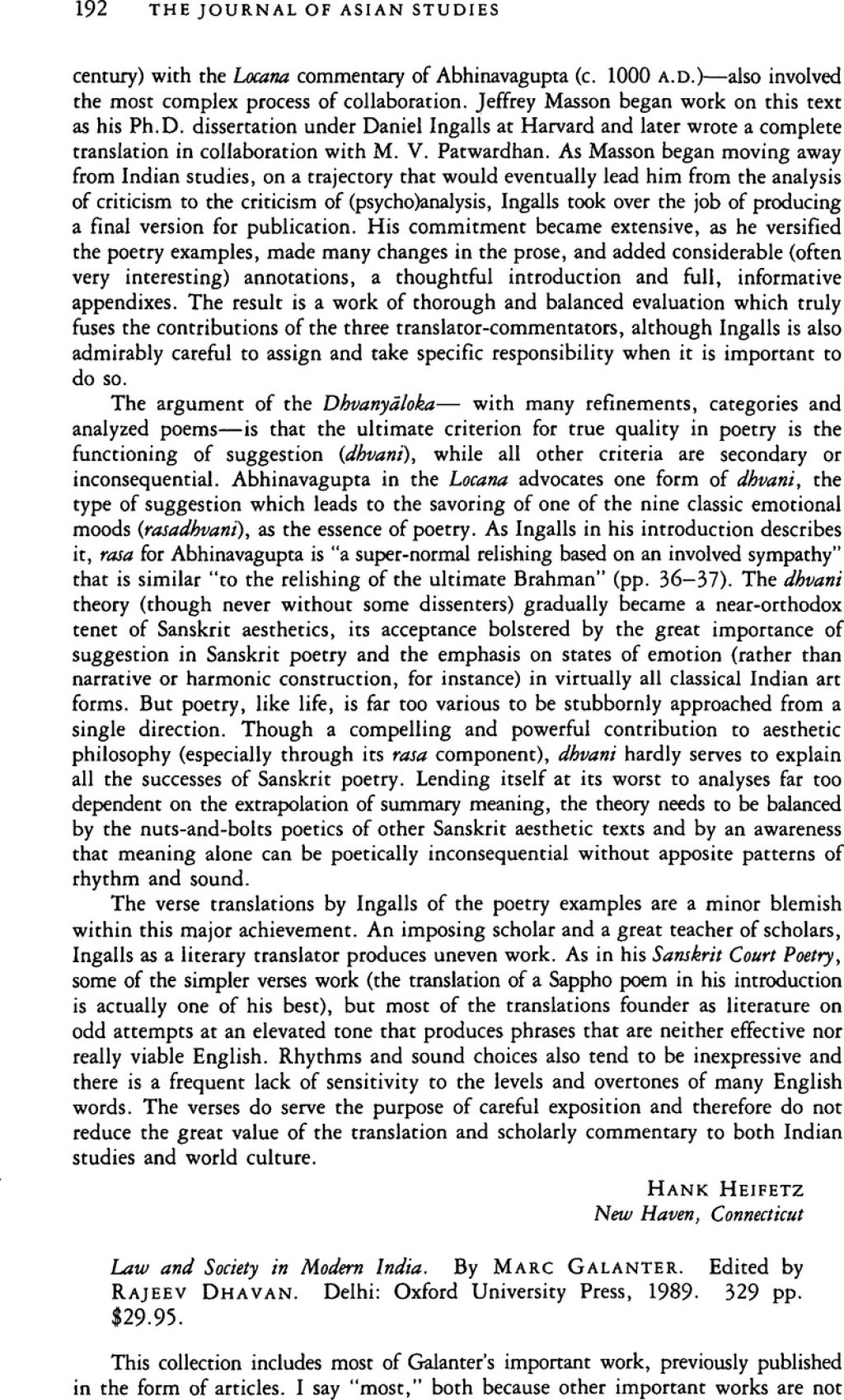Unlocking The Power Of Law And Society In Modern India: Take Action Now!
Law and Society in Modern India
Greetings, Readers! In this article, we will delve into the intricate relationship between law and society in modern India. India, a country with a rich cultural heritage and diverse population, has a complex legal system that plays a crucial role in shaping its society. Understanding this relationship is essential for comprehending the dynamics of Indian society and the challenges it faces today.
Introduction
Law and society are intertwined in a symbiotic relationship, with each influencing and shaping the other. In modern India, the legal system is a reflection of the values, aspirations, and traditions of its society. The Constitution of India, enacted in 1950, lays the foundation for a democratic and secular society, guaranteeing fundamental rights and ensuring equality and justice for all.
3 Picture Gallery: Unlocking The Power Of Law And Society In Modern India: Take Action Now!



The legal framework in India is vast and diverse, encompassing different branches of law, such as criminal law, civil law, constitutional law, and administrative law. This framework guides the functioning of various institutions, including the judiciary, legislature, and executive, which collectively strive to maintain law and order, protect individual rights, and promote social justice.
India’s legal system is a blend of ancient customs, religious practices, and modern legal principles. It draws inspiration from the Dharmashastra, Manusmriti, and other ancient texts, as well as from British common law, which was introduced during the colonial period. This unique combination creates a legal landscape that is both dynamic and complex, reflecting the diverse cultural fabric of the country.
Now, let us explore the key aspects of law and society in modern India:
1. What is the role of law in Indian society?

Image Source: scribdassets.com
The law plays a fundamental role in Indian society, serving as a framework for maintaining social order, resolving disputes, and protecting individual rights. It ensures that citizens can live harmoniously and peacefully, providing a sense of security and justice. Laws in India address a wide range of issues, including property rights, contracts, criminal offenses, and human rights.
2. Who are the key players in India’s legal system?
The key players in India’s legal system include the judiciary, lawyers, law enforcement agencies, and the government. The judiciary, headed by the Supreme Court of India, is responsible for interpreting the law and ensuring its implementation. Lawyers play a crucial role in advocating for their clients and upholding justice. Law enforcement agencies, such as the police, are responsible for maintaining law and order.
3. When did the modern legal system develop in India?

Image Source: kobo.com
The modern legal system in India began to take shape during the British colonial era. The British introduced common law principles and established courts to administer justice. After gaining independence in 1947, India adopted its own Constitution, which provided a comprehensive legal framework. Since then, the legal system has evolved to meet the changing needs of society.
4. Where does religion intersect with the law in India?
Religion holds significant influence in Indian society, and it often intersects with the law. Personal laws, based on religious customs and practices, govern matters such as marriage, divorce, and inheritance for different religious communities. However, the Constitution ensures that these personal laws do not violate fundamental rights and principles of equality.
5. Why is the legal system in India considered complex?
The legal system in India is considered complex due to its diverse sources of law, multiple levels of courts, and intricate procedural requirements. The coexistence of traditional customs, religious practices, and modern legal principles further contributes to its complexity. Additionally, the backlog of cases and delays in the judicial process pose challenges to the efficient administration of justice.
6. How does law impact social change in India?

Image Source: cambridge.org
Law plays a crucial role in driving social change in India. Landmark judgments by the Supreme Court of India have brought about significant reforms, such as the decriminalization of homosexuality, recognition of transgender rights, and protection of women against domestic violence. Legislation has also been enacted to address social issues, such as the Prohibition of Child Marriage Act and the Right to Education Act.
Advantages and Disadvantages of Law and Society in Modern India
Advantages:
1. Promotion of justice and equality: The legal system ensures that all individuals are treated fairly and have equal access to justice.
2. Protection of fundamental rights: Laws in India safeguard the fundamental rights of citizens, such as the right to life, liberty, and freedom of speech.
3. Resolution of disputes: The legal framework provides mechanisms for resolving disputes, both through litigation and alternative dispute resolution methods.
4. Social harmony: Laws promote social harmony by maintaining law and order and protecting marginalized communities.
5. Economic development: A strong legal system attracts investment, fosters business growth, and ensures the protection of property rights.
Disadvantages:
1. Slow judicial process: The backlog of cases and delays in the judicial process often result in prolonged litigation and denial of timely justice.
2. Complex laws: The complexity of laws and legal procedures can make it challenging for individuals to comprehend and navigate the legal system.
3. Corruption: Despite efforts to curb corruption, it remains a significant challenge within the legal system, undermining trust and integrity.
4. Inequality in access to justice: Socio-economic disparities can limit access to quality legal representation, perpetuating injustice for marginalized communities.
5. Limited awareness: Many citizens, especially those in rural areas, lack awareness of their legal rights and struggle to exercise them effectively.
Frequently Asked Questions (FAQs)
1. Is India’s legal system based solely on British common law?
No, India’s legal system is a blend of British common law and indigenous legal principles derived from ancient texts and religious customs.
2. How are judges appointed in India?
Judges in India are appointed by a collegium system, where senior judges of the Supreme Court and High Courts recommend suitable candidates for appointment.
3. Are there any limitations on freedom of speech in India?
Yes, freedom of speech in India is subject to reasonable restrictions, such as in the interests of sovereignty, security, and public order.
4. Can the Supreme Court of India strike down laws passed by the Parliament?
Yes, the Supreme Court of India has the power of judicial review, allowing it to strike down laws that violate the Constitution.
5. How effective is the implementation of laws in India?
The implementation of laws in India faces challenges due to inadequate resources, corruption, and bureaucratic inefficiencies. However, efforts are continually being made to improve the enforcement mechanisms.
Conclusion
In conclusion, the relationship between law and society in modern India is complex and multifaceted. The legal system plays a crucial role in maintaining social order, protecting individual rights, and driving social change. While it has its advantages, such as promoting justice and equality, it also faces challenges, including delays in the judicial process and limited access to justice for marginalized communities. Addressing these challenges and constantly evolving the legal system is vital to ensure a just and inclusive society for all Indians.
Final Remarks
Law and society in modern India are intertwined in a delicate balance that shapes the nation’s progress. As India continues to evolve, it is imperative for the legal system to adapt to the changing needs and aspirations of its society. The challenges faced by the legal system must be addressed through reforms, increased awareness, and stronger enforcement mechanisms. Only then can law truly serve as a catalyst for positive social transformation, ensuring a just and equitable society for all.
This post topic: Law and Society
